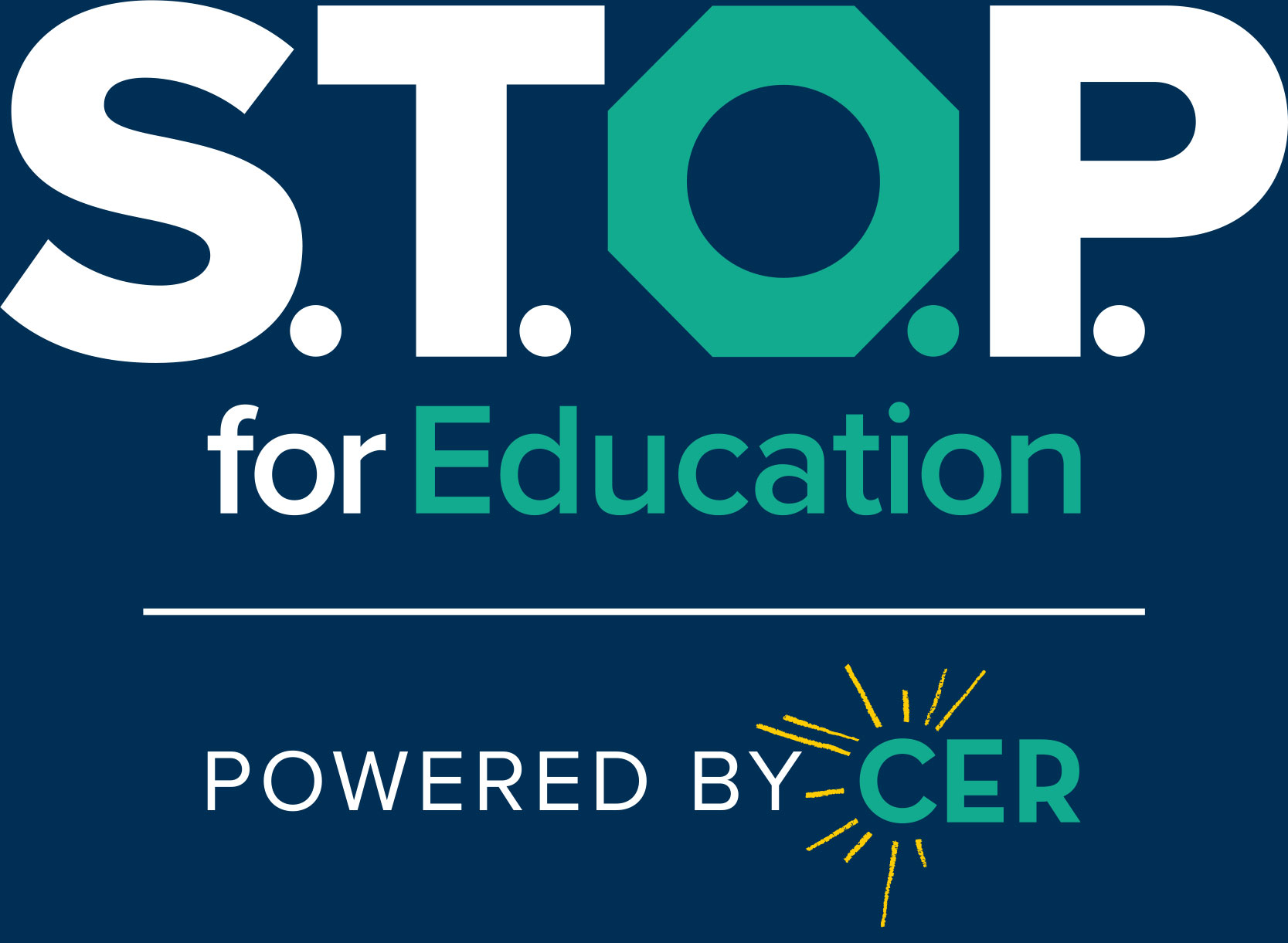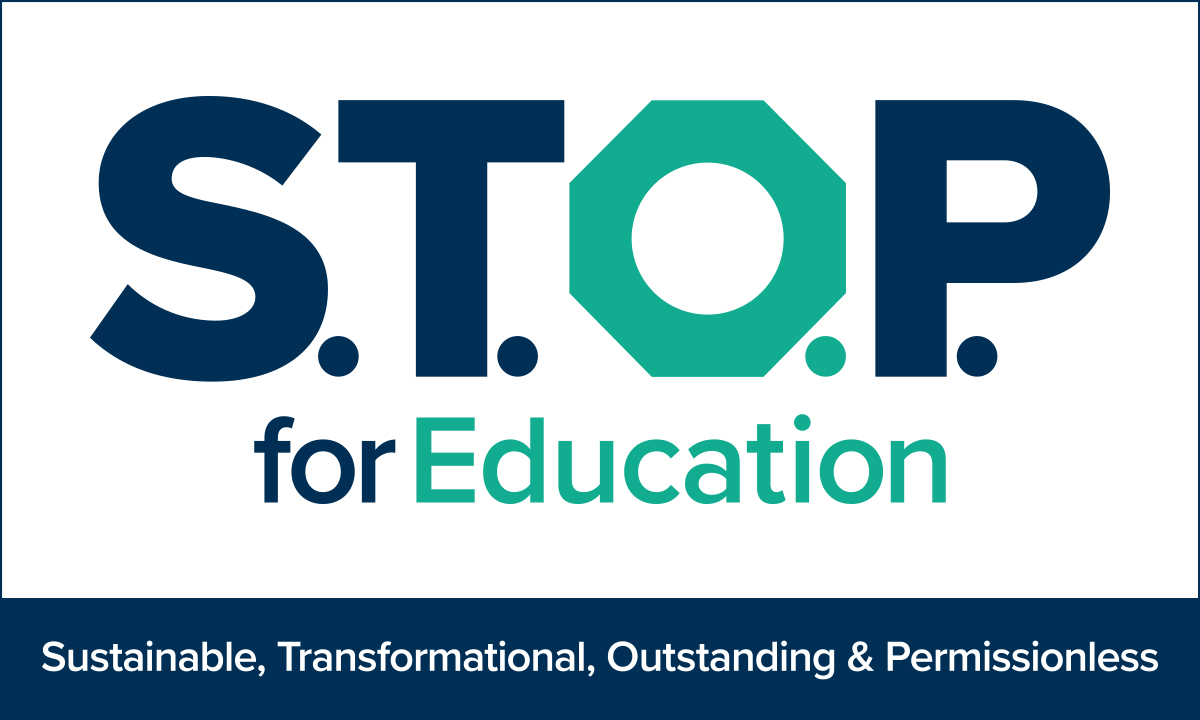Students Flee, but the Money Keeps Coming
An argument against educational choice falls apart when you follow where the funding goes.
By Jeanne Allen
Opponents of educational choice programs often complain that they divert money from public schools. Proponents say that’s good—that the fear of losing funds gives district schools an incentive to improve. In reality, a practice called phantom funding often gives failing schools money for students who don’t attend.
In Pennsylvania and Massachusetts, the practice is called “hold harmless.” The state funds districts based on the previous year’s enrollment, regardless of how many students are enrolled at budget time. Before Covid, such provisions were in permanent effect in at least 12 states. The National School Boards Association reports that many more states adopted such policies temporarily to mitigate revenue losses from pandemic shutdowns.




